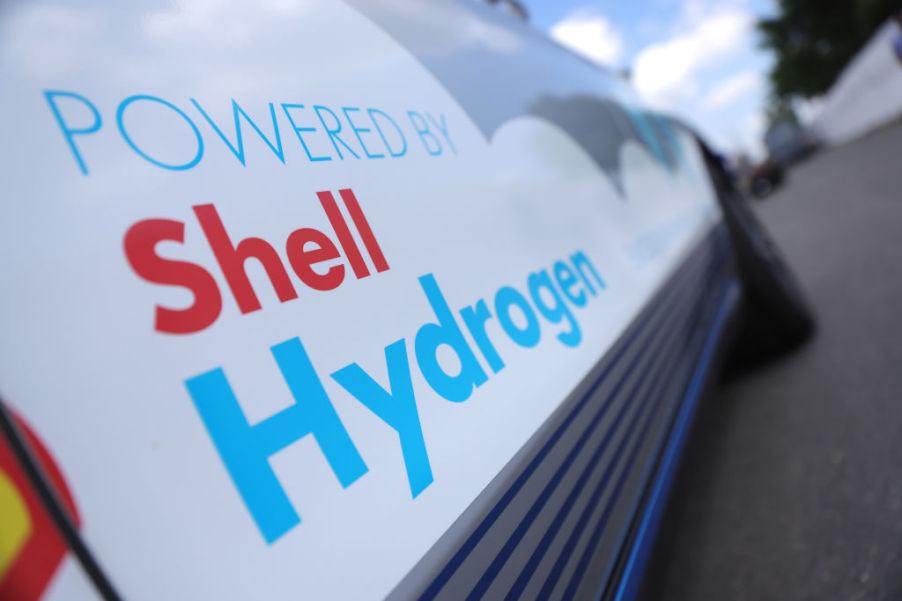
Toyota Forms “Team Japan” to Fight Against Electric Vehicles
We’ve been saying that Toyota has been delinquent in embracing electric vehicles, but we didn’t expect this. Toyota has formed a new coalition to help to promote gas-powered vehicles over EVs. Called “Team Japan” it will initially impose its message only in Japan. The team looks to be formidable and includes Subaru, Mazda, Kawasaki, and Yamaha, besides Toyota. It says it will help to develop greener options to electricity, and that includes hydrogen power.
Did Toyota sign the pledge to ban gas-powered cars?

Just last week we reported on Toyota refusing to sign the climate pledge to stop making fossil-fuel vehicles by 2040. It plans on beginning with carbon-neutral racing fuels. Toyota and Mazda will team up to develop a biodiesel 1.5-liter Skyactiv-D engine.
Yamaha and Kawasaki together will develop a motorcycle hydrogen engine. Interestingly, Yamaha is in the middle of making motorcycle batteries that can be swapped in and out. How this coalition aligns with its project will be interesting.
“Using fuel in combination with internal combustion engines”

Subaru and Toyota will again come together, this time to make a biomass synthetic fuel for the 2022 Super Taikyu endurance racing program. “By promoting further collaboration in producing, transporting, and using fuel in combination with internal combustion engines, the five companies aim to provide customers with greater choice,” Toyota said in a statement.
Unfortunately for Toyota, its Mirai hydrogen-powered car has seen very limited acceptance. This is partially due to a lack of hydrogen stations and high costs. But also, it is because the carbon footprint from harvesting hydrogen and transporting it almost negates any advantage over gasoline power.
Hydrogen gas has a very low ignition energy

So, while hydrogen fuel releases no carbon, everything leading up to it powering the Mirai is involved and expensive. Hydrogen storage is very expensive. It’s also inefficient, whether you look at its volumetric, energy production, or density. Hydrogen gas has an ignition energy 20 times smaller than either natural gas or gasoline.
How hydrogen is collected and transported is also heavy on carbon emissions. Currently, processing hydrogen comes from coal or methane, which is what the whole abandonment of fossil fuels is targeting. As Elon Musk has continued to say, “Hydrogen is a staggeringly dumb form of energy storage for cars.” Whether those are obstacles Toyota can overcome remains to be seen.
Porsche has Toyota beat on making eFuel

As for the racing fuel it plans to develop, Porsche and Siemens have them beat by at least a year or more. They have developed a zero-carbon synthetic fuel or eFuel. The plan is for this eFuel to be run in vehicles currently powered by gas-powered internal combustion engines. And no conversion or modifications would be necessary. Construction of the synfuels plant has already begun in Punta Arenas, Chile.
It is paradoxical why Toyota would want to be the face of anti-EVs. To the public, that would seem to be anti-environment, and that could be a tall marketing fiasco to overcome. And once invested, hydrogen could be an expensive fiasco to unwind.



